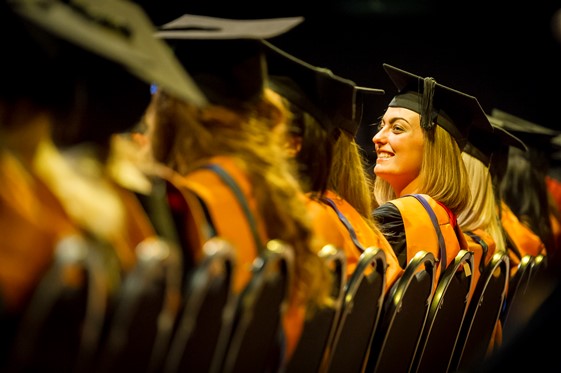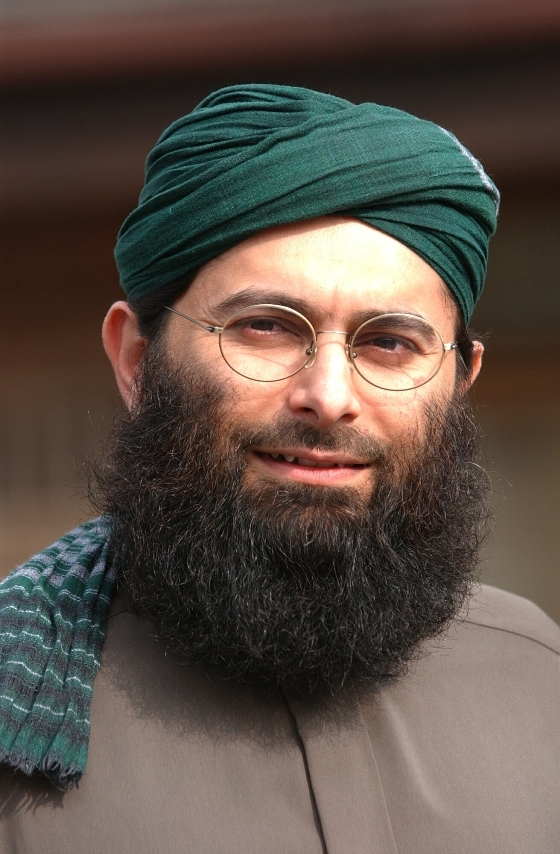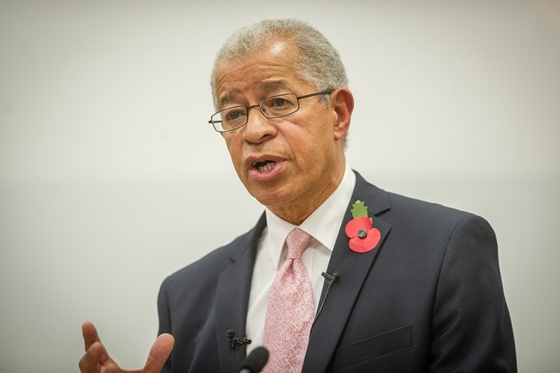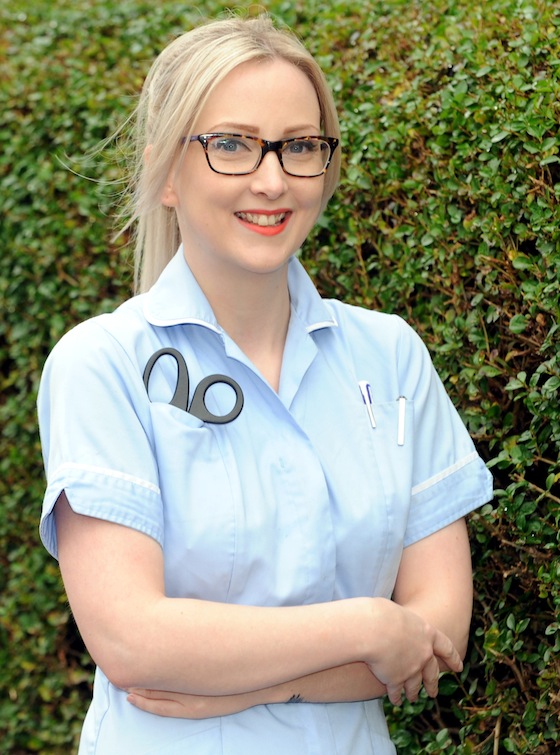A nurse who helped save Ebola patients in Sierra Leone, a trail-blazing campaigner for equality and one of the country's most respected interfaith ambassadors will all be honoured with special awards at De Montfort University Leicester's (DMU) January graduations.
Hundreds of students from DMU will take to the stage and graduate from a huge variety of courses, in a day of celebration which caps years of hard work.

The ceremonies will be the first to be held at The Venue@DMU, the university's new £5.4m events centre, which is fully equipped with high-tech audio and visual equipment and which has already played host to last year's matriculation ceremonies and the spectacular recent investiture of Baroness Doreen Lawrence as DMU's new Chancellor.
And joining the graduands at the events will be a number of special guests, being awarded honorary degrees and awards for outstanding achievement.
Shaykh Ibrahim Mogra - Honorary Doctor of Letters

Shaykh Ibrahim Mogra serves as an imam and scholar in Leicester. He was born in Malawi into a family of Indian origin and emigrated to the UK at the age of 18 to study and settle. As a community representative in Leicester and a national leader in the Muslim Council, Shaykh Mogra has been at the forefront in deepening interfaith relations in the UK and around the world, including Singapore, Malaysia, Sudan, Egypt, Saudi Arabia, Qatar, Syria and India. In the UK, he has advised the Three Faiths Forum, and worked with the Congress of Imams and Rabbis for Peace and the Christian-Muslim Forum, and with archbishops of Canterbury, the Archbishop of Westminster and chief rabbis, prime ministers, police chiefs, the Ministry of Defence, the Foreign Office and the Royal Courts of Justice.
Shaykh Mogra's contribution is sought and trusted at the highest level because where he speaks and acts, he does so honestly and instinctively for all humanity. He campaigns for equal participation for women; has worked to end domestic violence and forced marriages, spoken out about so-called 'honour killings' and the sexual exploitation of children. His calm, considered connection with issues touching the real world means he is an outstanding role model to the young in particular, in Muslim communities and beyond.
Lord Ouseley - Honorary Doctor of Letters

Herman Ouseley was the first black race equality adviser in local government, in the London borough of Lambeth; he was the first black policy advisor for ethnic minorities with the Greater London Council. He was the first black chief executive of a local authority in England when appointed in 1988 to the Inner London Education Authority, in those days the largest such body in Western Europe. He was the first black executive chairman of the Commission for Racial Equality, a position he held until 2000, and his tenure is credited with restoring the commission's diminishing credibility.
He became Sir Herman Ouseley in 1997 and in 2001 his example and endeavour saw him made a peer, becoming Baron Ouseley of Peckham Rye in Southwark. His understanding and experience still see him called upon to chair independent inquiries into racism, within education, or where community relations have devolved into disorder. He works with independent and voluntary groups, including the Institute of Race Relations.
In 1993, in the year he took the reins of the Commission for Racial Equality, Lord Ouseley also set up what is now known as Kick It Out, a campaigning group he still chairs and which works with football chiefs, clubs, players, fans, and with communities, to tackle all forms of discrimination.
Hannah McReynolds - Alumna of the Year Award

Hannah graduated with a degree in Nursing in 2011 and is now a staff nurse at the Leicester Royal Infirmary A&E department. When Ebola began to claim thousands of lives, and affect terribly many thousands more, in West Africa in late 2014, Hannah was compelled to volunteer her skills to help those in need. She flew to Sierra Leone in late 2014 and spent six weeks helping to open and run a 100-bed medical camp, an Ebola Treatment Centre, or ETC, in the city of Makeni.
In January 2015, after spending Christmas and New Year at the treatment camp, having helped around 100 people with suspected or confirmed Ebola. But almost as soon as she had returned to work at the LRI, she knew she wanted to go back, that her help was still needed. So in April she flew back to Makeni and began a stint working in the treatment centre which lasted for more than six months.
During that time she witnessed many people dying from the disease, helped others recover and supported families with their grief. She made a big contribution to a multi-national workforce and helped train local medical staff. She brought professionalism, commitment and skill, deploying all the skills she had learned while studying at DMU, volunteering to face real danger in a challenging environment in order to make a real difference to a global humanitarian crisis.
Posted on Monday 25 January 2016